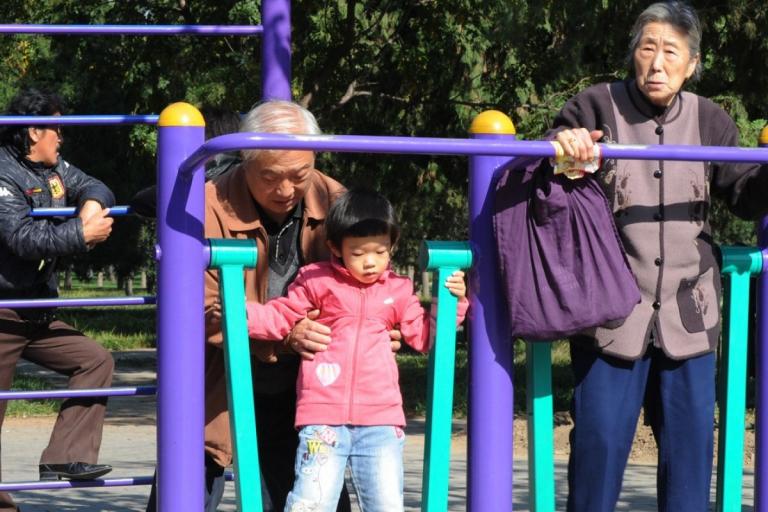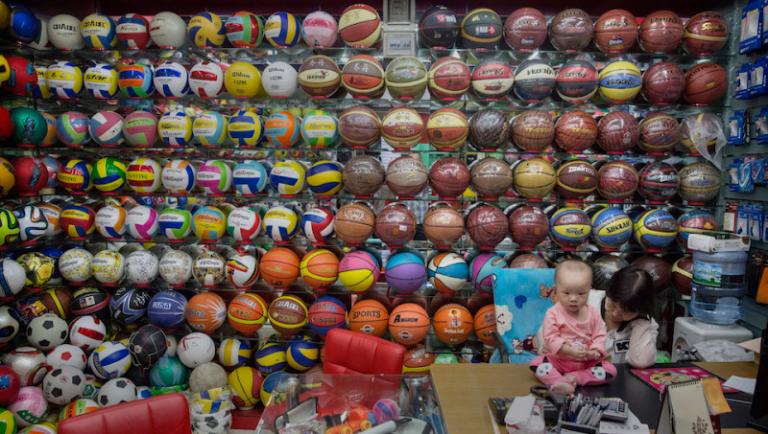The Birth of Demand
3 min readIn China’s bigger cities,the rivers of bicycles-once one of the most vivid images of urban China-have been replaced with streets jammed with cars,most of them,terrifyingly,in the hands of novice drivers.By banning or severely restricting motorcycle use in these cities,China has leapfrogged the development pattern of its Asian neighbours,where the motorbike has usually provided the newly afluent with their first taste of effortless mobility.
Shanghai,home to about 9m ordinary bikes,aroused a flurry of media criticism last year by banning them from main roads in the centre.But-they are less and less used these days.

To some extent,China’s embrace of the car has been a predictable result of growing urban afluence.But several other factors caused demand in China,at least until a year ago,to soar beyond expectations.A huge boost came when China joined the World Trade Organisation in 2001,which required a considerable easing of barriers on car imports.The prices of domestically-produced cars fell rapidly in anticipation of tariff reductions,and have continued to do so by 10%or more a year.
Price cuts,and the introduction by foreign car companies of cheaper models(made at their factories in China),also helped put car ownership suddenly within reach of a fast-growing new middle class.“There is some similarity between the Chinese and American approach,”says Jean-Claude Germain.“When somebody doesn’t have the cash to buy a carhe will dream and will do everything to be one day in the position to have this product.”Mr Germain thinks some 50m-60m Chinese can now afford to buy one.If they had doubts,easy credit from the state-owned banks(until last year,that is)helped to overcome them.
Another crucial engine of demand was a dramatic transformation in the social and economic structure of Chinese cities.Ten years ago,most urban residents were employed by state-owned factories or other entifies with links to government.They lived in housing assigned by their employers,virtually rent-free and usually close to where they worked.A bicycle,or public transport,was usually adequate to take them farther afield.The banks,too,did not lend to individuals.
Since the late 1990s,however,housing has been largely privatised.
Many state-owned factories have closed down or been shitted to suburban areas to reduce pollution in the cities and make way for new development.
The economic boom has been spurred by a building frenzy,which itself has been fuelled by reckless bank lending and by the government’s readiness to allow developers to bulldoze the inner cities.Close-knit communities have been scatered,often to the suburbs,to places ill-served by public transport and far from places of work.

Most people in the countryside-where 60%of the population live,earning,on average,less than a dollar a day at the official rate-will never get beyond dreaming of having a car.But the psychological impact on many urban residents of the car’s sudden affordability has been considerable.Until the 1990s,travel within China was restricted.A letter was required from a state employer in order to buy a plane ticket,a comfortable seat on a train or a room in a decent hotel.A citizen’s life was closely monitored at home and work.The government’s decision to encourage privateenterprise meant its grip had to ease.Then enter the car,that symbol of freedom and status.No wonder city-dwellers could hardly wait to buy one.








